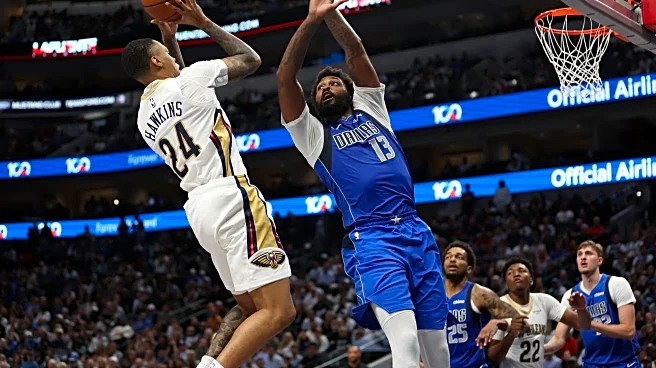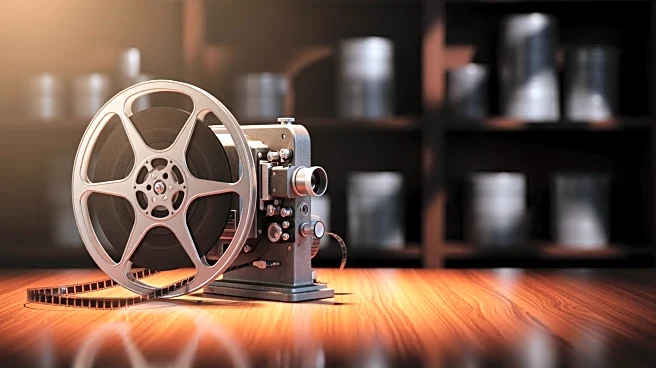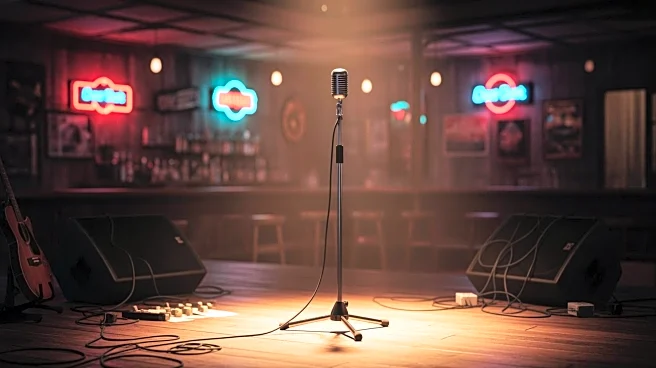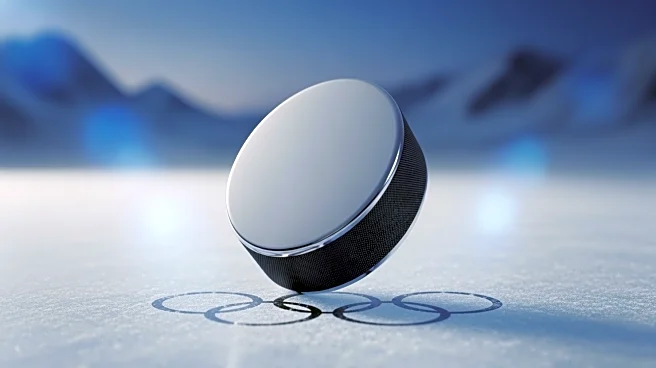It might be time to take your hand off the “panic” button and click “rebuild” instead.
Coming into Wednesday, the 2-5 Mavericks desperately needed a game against the New Orleans Pelicans to get back on
track. New Orleans was just 1-6 coming into the night with their sole victory being against the Charlotte Hornets the night before. Notable players on the injury report for the Pelicans were Zion Williamson, Dejounte Murray, Yves Missi, and Jordan Poole. The Mavericks were without Anthony Davis for his third consecutive game and Dereck Lively II for his fifth consecutive game. Still, this seemed like a matchup Dallas should win handily, despite their early season struggles. On paper, the size and talent disparity heavily favored Dallas. With the next two games against the struggling Memphis Grizzlies and Washington Wizards, the matchup with the Pelicans was an ideal starting point to get back to .500.
Instead, the hole was dug deeper. These three stats from Wednesday night’s disappointing loss to the Pelicans show it might be time to reset expectations.
107 points per 100 possessions
A major paint point of Dallas’s early season struggles has been the offense. Despite being 30th in the NBA in offensive efficiency coming into Wednesday night at 110 points per 100 possessions, the Mavericks offense managed to dip them even further by the end of the night to 107 points per 100 possessions. Searching for answers, Jason Kidd finally made the move to start a true point guard in D’Angelo Russell, but this just wasn’t his night. Russell had 9 points and 3 assists on 3/10 shooting from the floor in 21 minutes. The sole bright spot for the Mavs was Cooper Flagg with 20 points on 8/19 from the floor. He also added 9 rebounds and 2 assists. This was a more aggressive version of Flagg and Dallas absolutely needs that. Other notable scorers included Daniel Gafford and P.J. Washington with 15 points each, Max Christie with 12, and Klay Thompson with 11.
The Mavericks struggled to score from tipoff. It took the Mavericks 218 seconds (3 minutes and 38 seconds) to score their first bucket of the game on a Max Christie triple to make it 9-3 Pelicans. This stretch of minutes to start the game set the tone for the entire night. The Mavs played from behind most of the game and never got anything going offensively to put pressure on the Pelicans.
41.6% from the field
The Mavericks can’t shoot. Period. Dallas shot 41.6% from the floor against a Pelicans team that is 29th in the league in defensive efficiency, giving up over 120 points per game. The Mavericks couldn’t even crack 100. This marks the seventh game in eight total that the Mavs failed to crack 50% shooting from the floor. The only exception was the 139-129 win over the Toronto Raptors.
Dallas shot 31.3% from three during the game on 10/32 from the floor which is right on par for their season average of 31.6% The evidence is mounting that the Mavericks just don’t have enough offensive firepower in a league where scoring and three-point shooting win games. Even the eventual addition of a healthy Kyrie Irving probably wouldn’t give this team enough as the lack of shooting comes at every position.
The Mavs also continue to struggle inside the paint. Dallas hit just two out of their first 12 shots inside the paint against a depleted Pelicans frontcourt without Yves Missi and Zion Williamson. New Orleans outscored Dallas in the paint 52-50, which has become a concerning trend. The Mavs have been outscored in the paint five out of eight games this season, with a total disparity of -94, 462 to 368. If you can’t make threes and can’t score inside, the result is being 30th in the NBA in offensive efficiency. Dallas was also outrebounded 56-44, marking the sixth time in eight games they’ve came up short on the boards this season.
7 turnovers
Turnovers are a problem for the Mavs. But if you look at the box score and see Dallas had a respectable 15 turnovers vs New Orleans’ 16, you might say this area wasn’t a big factor in the loss. Of the 15 turnovers, 7 came in the fourth quarter. Of those 7 turnovers, 6 were live ball turnovers, leading to easy Pelicans points.
Despite winning the total turnover battle by 16-15, The Mavs couldn’t take advantage. The Pelicans scored 18 points off Maverick turnovers vs only 7 for the Mavs off the Pelicans’ 16. Most nights, the opponents won’t have as many turnovers as the Mavs, but when they do, Dallas isn’t taking advantage.
Live ball turnovers have haunted the Mavs frequently in this early season. The lack of having guard depth has already become quite clear. From losing a dribble, to missing a handoff, to not reading cuts, Dallas’s inability to take care of the basketball is a major reason why they sit at 2-6, tied for last in the Western Conference.
We’re quickly approaching a fork in the road. Even with a healthy Anthony Davis and Kyrie Irving, this team still lacks consistent scoring. If the Mavs don’t have enough to win now, do they start from scratch and build around Cooper Flagg? If this is the team on the floor until Irving returns, Dallas will be too deep in a hole to dig out of and make a playoff (or play-in) push. So, would this mean scrapping another year with aging stars and hoping for the best? Or reset the table and start over with Flagg? Even this early in the season, we’re coming to a critical point in the decision-making process for the Mavs front office. Make moves and try to stay competitive? Or build around your new star? The next handful of games will likely give us a clearer picture.









